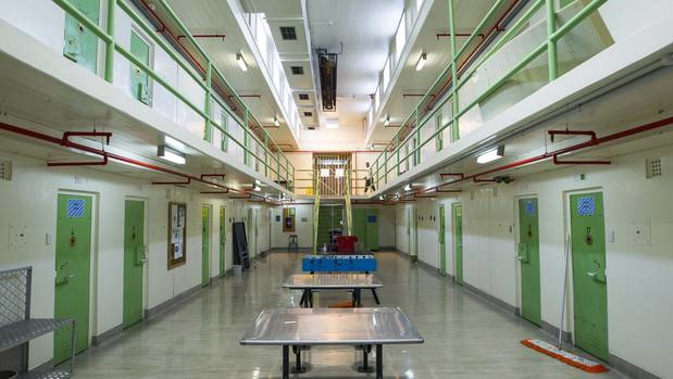
The Solicitor-General has told the Supreme Court justices they risk undermining New Zealand's democracy, if they rule on whether prisoners should be able to vote.
Notorious "jailhouse lawyer" Arthur William Taylor has fought through the High Court, Court of Appeal, and now the Supreme Court, against the 2010 law which banned all prisoners from voting in elections.
Previously prisoners could vote if they were serving a term of less than three years.
The High Court did not overturn the ban, but did declare it was inconsistent with the Bill of Rights Act because it infringed on the rights of New Zealand citizens to vote. The Court of Appeal upheld that decision.
Solicitor-General Una Jagose is presenting the Crown's case to the Supreme Court this morning.
She said prisoner voting rights were not an issue that should be decided by the courts.
"These matters are properly left to Parliament and the accountability to people at the ballot box. Because the future interpretation might well be different, for prisoner voting.
"Now when the Bill of Rights Act was first enacted there was a complete ban on prisoner voting. And the history of prisoner voting tells us that originally, all sentenced prisoners were disqualified from voting.
"Then in 1975 all imprisoned people could vote. Then a blanket disenfranchisement went back on in 1977.
"It was in that context that the Bill of Rights Act was enacted. In 1993 it went back to a blanket ban.
"These matters are par excellence for Parliament to determine. I risk repeating myself, but it is bad for our democratic system of government for the Court to formally criticise."
Jagose said that while laws could be clarified by the courts, they should not be created or overturned there.
Taylor then presented his case to the court, appearing via audio-visual link.
"I think the question should be phrased, does the Bill of Rights give me the right to vote? Does the Bill of Rights give me the right to vote?
"In my submission, your Honour, it does."
Taylor wants the Court to again rule that being unable to vote is "inconsistent" with the Bill of Rights. This would not force Parliament to change the law.
But Taylor said such a ruling would still be powerful.
"The utility of a declaration of inconsistency has got real practical use.
"It brings it to public notice, including politicians, that there is inconsistency here.
"So there is importance, real importance here."
Taylor is currently serving a 17-year sentence in Auckland Prison at Paremoremo on a variety of drug and violence charges.
He and four women from Christchurch Women's Prison joined forces for the case, arguing that extending the ban on voting to all prisoners, infringed the right to vote in the Bill of Rights Act.
The 2015 High Court ruling that there was indeed an inconsistency, was the first time the court has issued a declaration of inconsistency in relation to the Bill of Rights Act.
Take your Radio, Podcasts and Music with you









